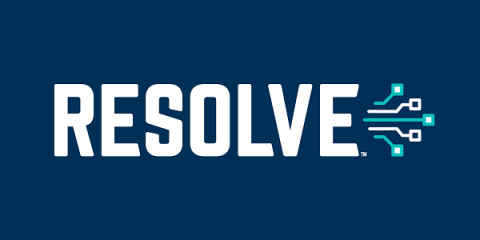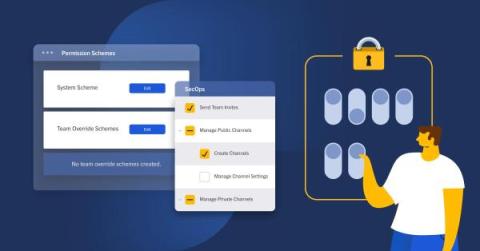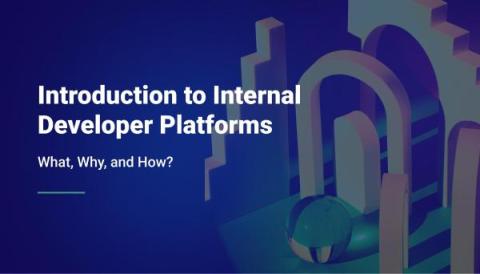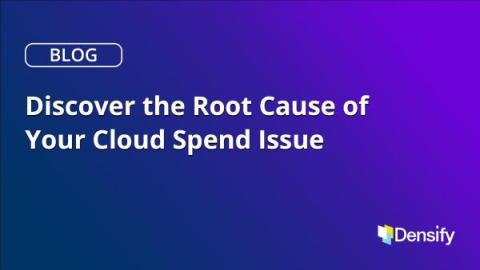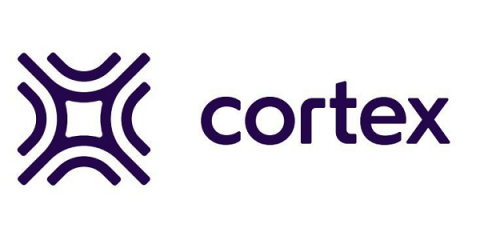Automation Cheat Sheet: How Telco Leaders Ace the Test of Driving Process Efficiency
Telecommunication (Telco) companies everywhere share a similar vision: future-proofing their organizations for an unpredictable era of challenges and opportunities in an unreliable economy. Rebounds from the pandemic started out slow and patchy, and leading up to present day, moves like inflation-laced price increases and merger and acquisition (M&A) deals have ramped up share prices across the global telecoms sector to climb back up from 2020’s rock bottom.


